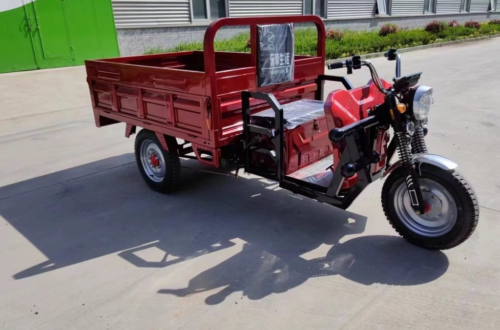Pan-Tilt Motor Control System
本身
html
Pan-Tilt Motor Control System: A Comprehensive Guide
The pan-tilt motor control system is a crucial component in various applications, from surveillance cameras to robotic systems. This system allows for precise movement in both horizontal (pan) and vertical (tilt) directions, providing flexible control over the orientation of mounted devices.
Understanding Pan-Tilt Mechanisms
Pan-tilt systems typically consist of two servo motors or stepper motors arranged perpendicular to each other. The pan motor controls the horizontal rotation, while the tilt motor manages the vertical movement. These motors work in tandem to position the attached device at any desired angle within their range of motion.
Key Components of a Pan-Tilt System
Keyword: pan tilt motor
1. Motors: High-torque servo motors or precise stepper motors
2. Mounting Bracket: Provides structural support for the motors
3. Control Board: Processes commands and drives the motors
4. Power Supply: Delivers consistent power to the system
5. Feedback Mechanism: Optional encoders for position verification
Applications of Pan-Tilt Motor Systems
Pan-tilt mechanisms find applications in numerous fields:
- Security and surveillance systems
- Robotic vision systems
- Photography and videography equipment
- Satellite tracking systems
- Industrial automation
Control Methods for Pan-Tilt Motors
Modern pan-tilt systems can be controlled through various methods:
Manual Control: Using joysticks or control panels for direct manipulation
Programmable Control: Executing pre-programmed movement sequences
Computer Vision: Automated tracking based on visual input
Remote Control: Wireless operation via radio or network connections
Choosing the Right Pan-Tilt Motor
When selecting motors for a pan-tilt system, consider:
- Torque requirements based on payload weight
- Precision needed for your application
- Speed of movement
- Power consumption constraints
- Environmental conditions (temperature, moisture, etc.)
Future Developments in Pan-Tilt Technology
The field of pan-tilt motor systems continues to evolve with advancements in:
– Miniaturization for smaller, more compact systems
– Integration with AI for smarter tracking capabilities
– Improved energy efficiency
– Enhanced durability for harsh environments
– Wireless power and data transmission
As technology progresses, pan-tilt motor systems will become even more versatile and accessible for various applications.


